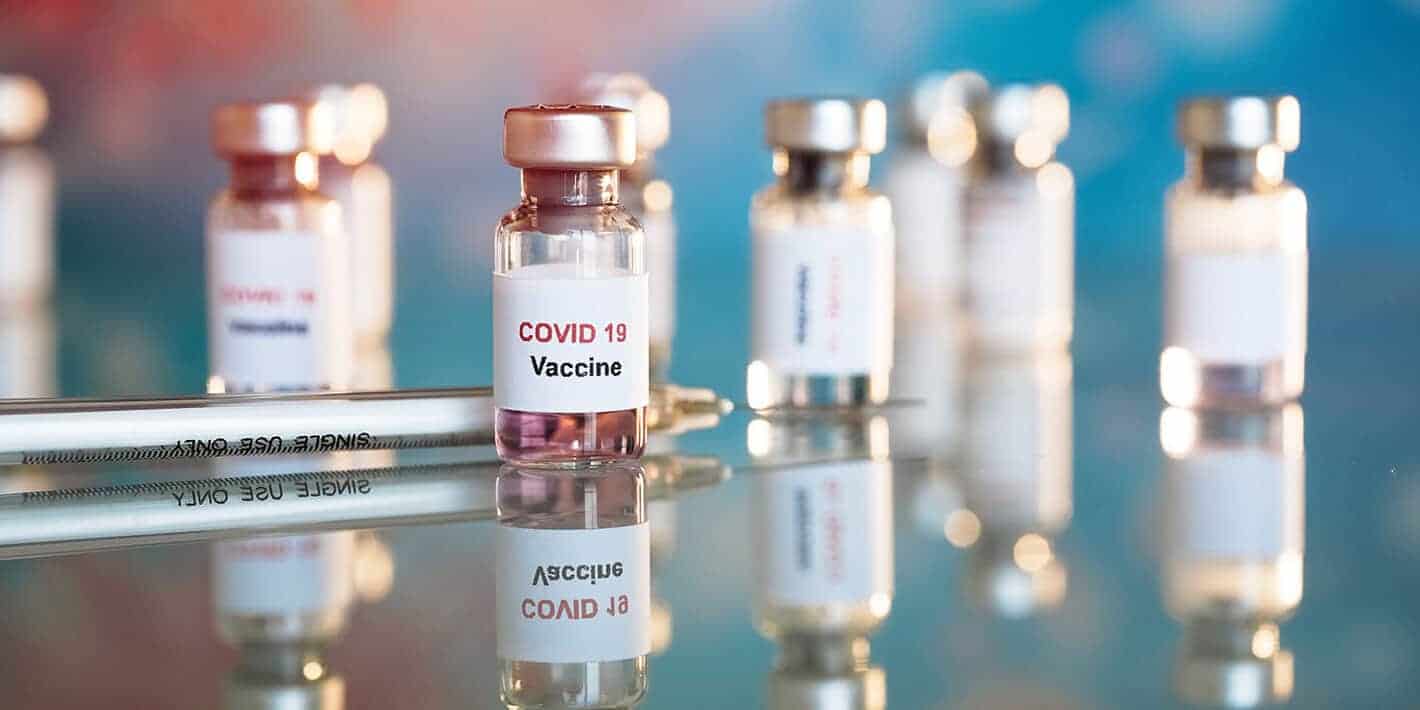The US will donate 500 million Covid-19 vaccine doses to poorer nations, the White House said Thursday, to “supercharge” the pandemic fight as the World Health Organization warned Europeans not to drop their guard because vaccination levels there remain too low to stop another wave of infections.
Both moves signalled that while pockets of the rich world have scored successes against the virus, gains are fragile and billions of mostly poor people remain unprotected.
The United States has faced criticism for sitting on huge stocks of unused vaccines. But with more than 60 percent of Americans having received at least one shot, Washington is moving to reclaim global leadership with the donation of 500 million Pfizer-BioNTech jabs to 92 poor and lower-middle-income nations.
The White House described it as a “historic action that will help supercharge the global fight against the pandemic”. President Joe Biden, attending the G7 summit in Britain this week, will make the formal announcement on Thursday and is expected to call on “the world’s democracies” to contribute more to vaccine supply.
The massive American donation will be channeled through the Covax program, which aims to ensure equitable distribution of vaccines around the world.
Costa Rica is not included among the 92 countries, per Covax, which bases the decision on based on 2018 and 2019 World Bank Gross National Income (GNI) data. In Central America, the included countries are Nicaragua, El Salvador and Honduras.
However, Costa Rica will receive a portion of the 6 million different vaccines the U.S. has earmarked for Central and South America.
The White House said the doses will start shipping in August, with the first 200 million delivered by the end of the year.
‘Glaring inequality’
Dismissing suggestions that it is in a so-called vaccine diplomacy contest with Russia and China, Washington has described its initiatives as a return to multilateral action after the nationalist isolationism under Biden’s predecessor Donald Trump.
Pressure on rich countries to address the glaring vaccine inequality is growing as their rising levels of immunity allow a gradual return to normal life.
Belgium and France earlier this week resumed indoor dining, while Denmark on Thursday announced the easing of rules on face marks and crowd sizes on the eve of the kick-off for the Euro football competition.
“We will be able to do everything that we have missed, because we now have the epidemic under control,” Health Minister Magnus Heunicke said.
That’s not the case across the whole of Europe, said Hans Kluge, the WHO’s regional director.
According to the organization, 30 percent of people have received at least one dose of a Covid-19 vaccine and 17 percent have been fully vaccinated in the WHO’s European Region — which spans 53 countries and territories and includes several in Central Asia.
“Vaccination coverage is far from sufficient to protect the region from a resurgence,” Kluge told reporters, warning against repeating the “mistake” of last summer by easing protective measures prematurely.
“Over the course of last summer, cases gradually rose in younger age groups and then moved into older age groups, contributing to a devastating resurgence, lockdowns and loss of life,” Kluge said.
Iran’s government on Thursday warned that recent success in containing the Middle East’s deadliest coronavirus outbreak risks being reversed should the public cease being diligent in their precautions as a shortage of vaccines delays the inoculation campaign.
The country saw total infections pass the three million mark on Thursday, adding to the global total of almost 174,350,990. The pandemic has claimed more than 3.7 million lives worldwide.
On Thursday, India reported a global record of more than 6,000 Covid-19 deaths in a day after one state dramatically revised its data upwards.
The figure is likely to further fuel concerns that India’s virus death count is much higher than the official tally of almost 360,000, the world’s third-highest toll.
The devastating wave meant India had to restrict the export of domestically produced vaccines, leaving other nations such as Nepal scrambling for alternatives.
And in Lebanon, cash-strapped politicians are offering free Covid-19 jabs to their base ahead of next year’s elections. With the country in the grip of a severe economic crisis, vaccines are a luxury for many.
Two Sputnik doses are sold to companies and associations for $38, which amounts to 500,000 Lebanese pounds at the black market rate — around three-quarters of the minimum wage.
Firas, a former insurance broker, had registered along with his wife for state-sponsored vaccination. But when a political party offered him free jabs, he chose not to wait.
“I have been unemployed for six months,” said the 52-year-old, who declined to name the party that sponsored his shot.
“How would I have afforded vaccines for two people?”






